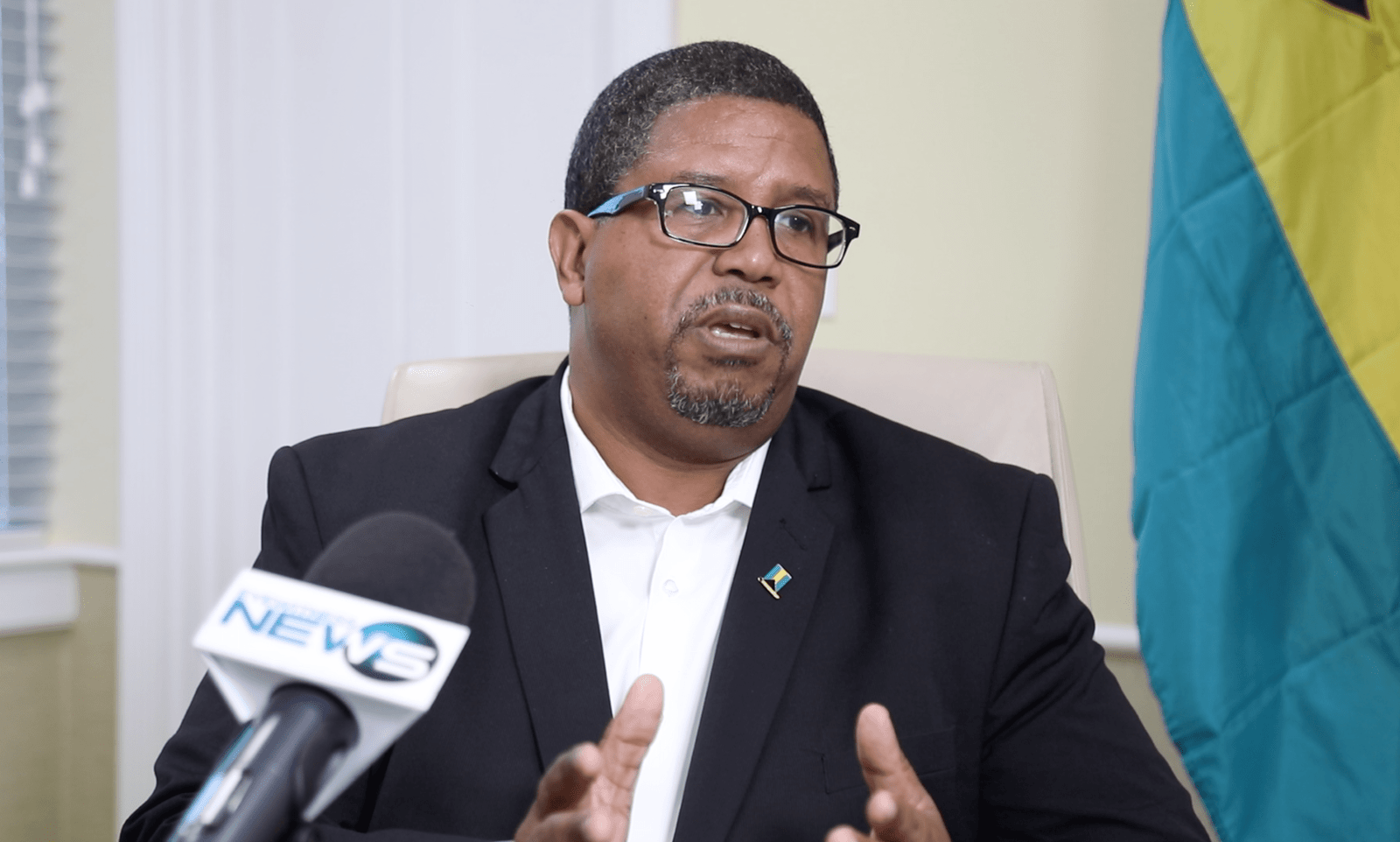NASSAU, BAHAMAS – As the government continues negotiations for its accession to the World Trade Organization (WTO), Minister of Finance, K. Peter Turnquest, reiterated on Wednesday that the Government is firstly committed to Bahamians.
While delivering the government’s 2019/2020 Budget Communication in the House of Assembly, Turnquest said the government will ensure that in every decision that is made, only the best interests of Bahamians will be considered in a way that is economically consistent with the government’s objectives.
According to Turnquest, the Bahamas’ initial Goods and Services Offer was presented earlier this year, which included the proposed reductions in duty rates for imports. And by the end of the accession period, Turnquest said the government anticipates some $50 million in foregone revenue over time, against the backdrop of the proposed 15 percent decline in the average tariff rate.
“Since then, the WTO working party has met again to discuss the offers The Bahamas is willing to make on duty rate reductions, and these discussions will continue until both sides are satisfied with the offer,” he said.
Turnquest said the protection of small businesses and the production of local farms and manufacturers remain key priorities for the WTO’s negotiating team, which he is confident will be reflected in the final Goods and Services Offer.
Meanwhile, with regard to the impact of WTO accession on the Bahamian economy, Turnquest made note of a recent Oxford Economics study, which he said estimates that the potential economic impact will be positive over the medium term, with the near term impact crucially dependent on the government’s efforts to put in place structural reforms.
These reforms included:
- Improved transparency and consistent application of rules and regulations governing businesses;
- Reduced bureaucratic time delays with the introduction of modernized and streamlined processes;
- Rationalization of the regulatory requirements for starting a business and strengthening of the intellectual property regime;
- Policy initiatives to improve access to finance for SMEs;
- Energy sector reforms to lower electricity costs and improve reliability; and
- Expansion of training and improvement of job placement services to increase employment opportunities.
Turnquest said most, if not all of these reforms are addressed in the policy initiatives set out in the government’s 2017 Manifesto, many of which the government has already begun to implement.






